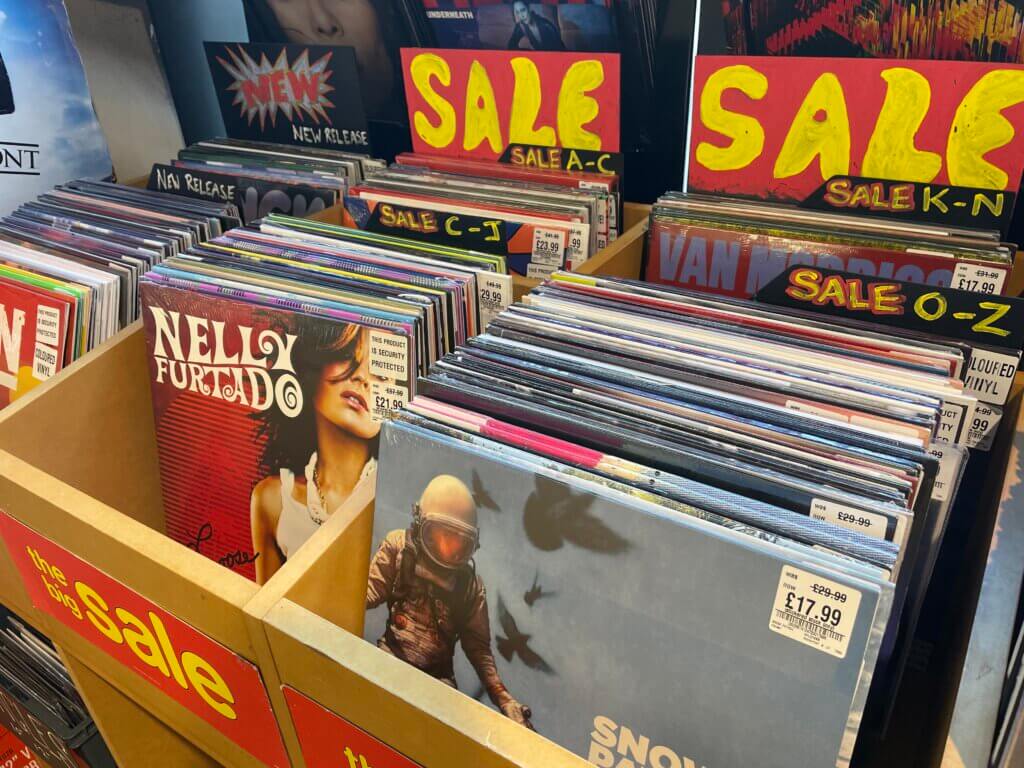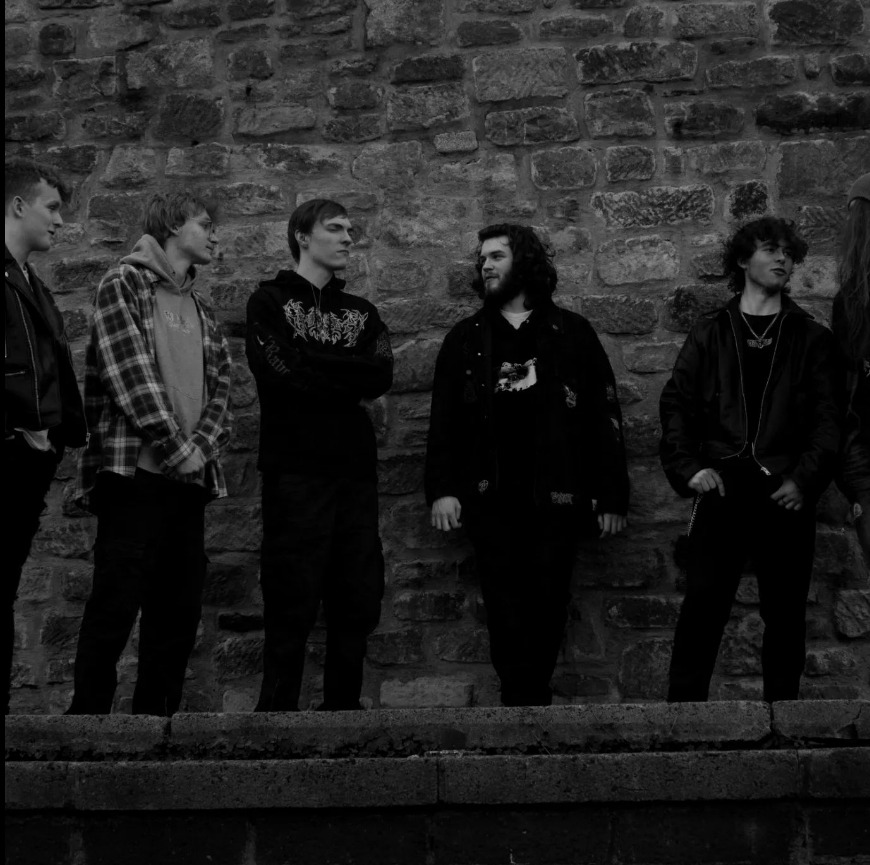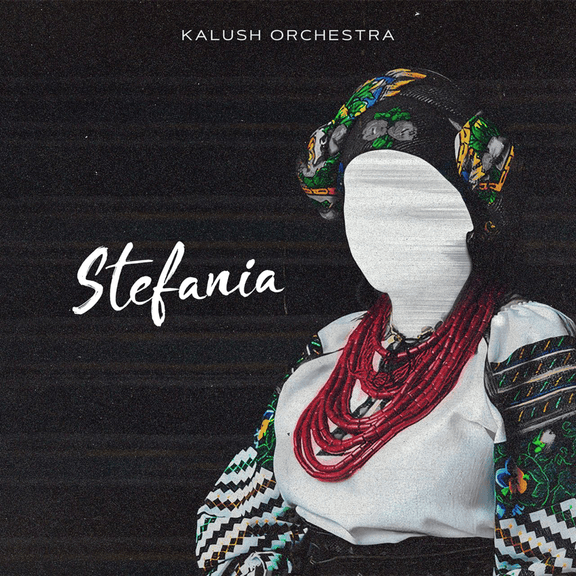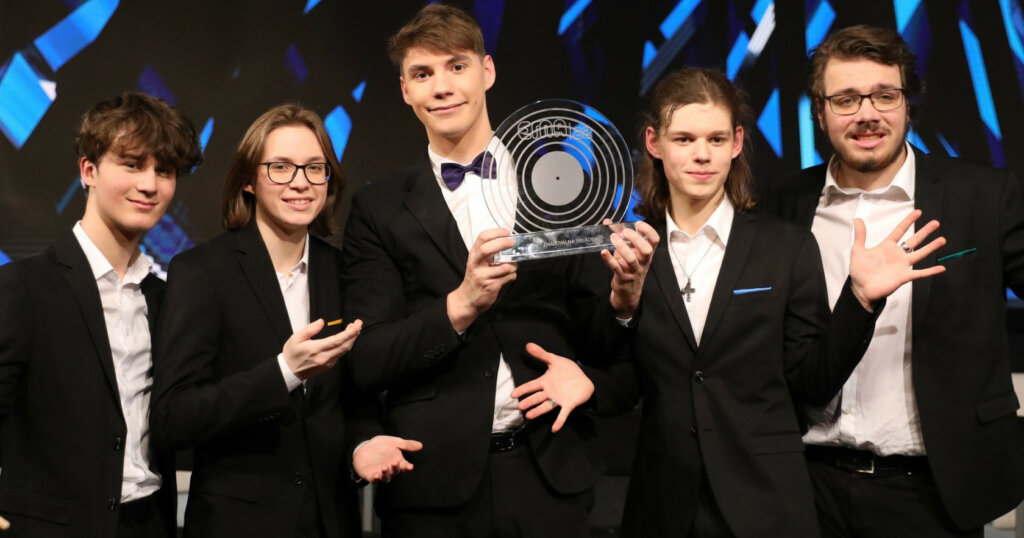The year that Tap Music needs to make count for the BBC in Eurovision
Written by Callum Rowe on 21st February 2022
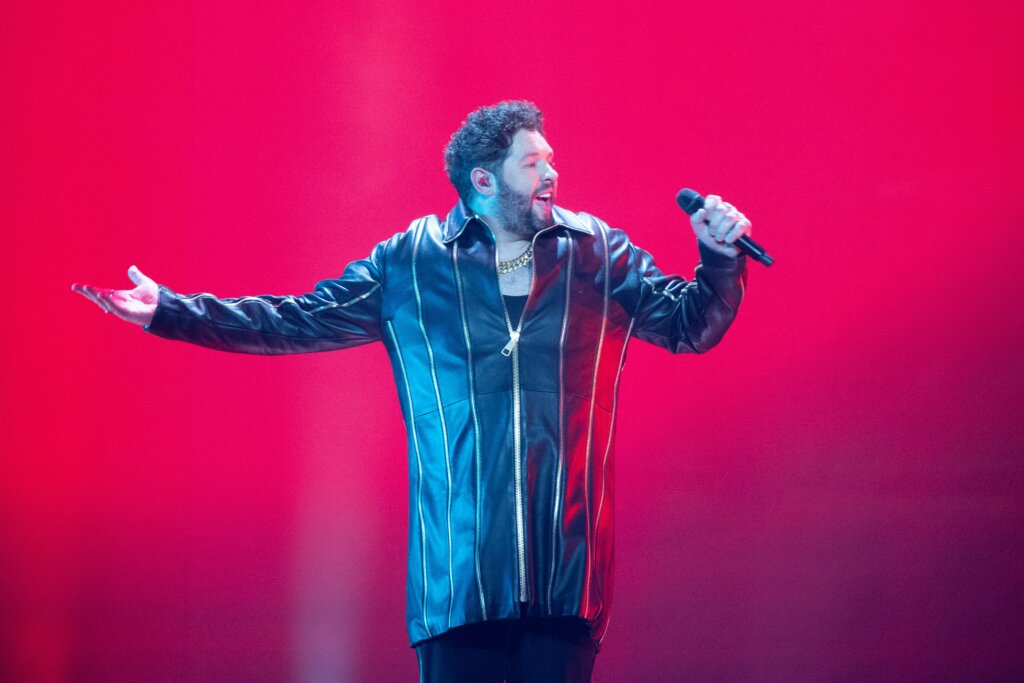
With Ben Mawson and his team from Tap Music taking control of the BBC’s Eurovision participation in 2022, the corporation has found itself with its hands tied during a phase that could genuinely be revolutionary for the UK in the contest.
The UK’s result at Eurovision in Rotterdam last year with James Newman’s song Embers was as bad as it could get; zero points in the international jury vote and zero points in the televote. The announcement of the public vote playing out in the most dramatic way possible was, at least, a TV producer’s dream come true and a spectacle to behold as a viewer. The frivolity of Newman’s very public Eurovision demise aside, however, the nil points are firmly in the rearview mirror as far as Mawson is concerned.
The newly-established relationship the BBC now has with Tap was described as a “collaboration” when it was announced yet it seems difficult to look beyond this being Tap with its hand at the wheel and the BBC riding shotgun.
There is no doubt about Tap’s credentials. It leads the careers of some of the world’s most popular and biggest-selling pop stars and has famously catapulted Dua Lipa and Dermot Kennedy to international stardom. Moreover, under Tap’s wings since 2018, Ellie Goulding reached the top of the UK album charts for the first time in eight years when she released her 2020 album, Brightest Blue.
Not only does Tap have its finger on the pulse of the British music scene, but it is also the pulse of the British music scene. If only an ounce of Tap’s sense of musical and talent awareness is pumped into the selection process for the UK’s act for Eurovision, fans can have confidence. That said, confidence should be high already.
In an interview with BBC Newsbeat’s Steve Holden, Mawson said: “We should focus on getting some really special music and a really special artist that represents Britain in the best possible way”. That would be something to be proud of.
The chosen act – which will be revealed within the next two weeks – will undoubtedly be looking to draw on the success of Måneskin who have captured the imaginations of people across the world since their triumph at the contest in 2021. The Italian glam rock band have become global megastars in their own right. The band have won an MTV European Music Award, secured nominations for the Brit Awards and spent months performing night after night across Europe and the USA. Last month they became the first Italian act to perform on the prestigious Saturday Night Live on NBC in the US. None of that would have been possible without the Eurovision springboard they were provided.
The process to select the UK’s act this year appears to be the most robust and sense-driven that has been employed to find the country’s Eurovision representative in recent memory. Involving artists such as Lana Del Rey, Nile Rodgers and Little Mix’s Leigh-Anne Pinnock in the search is a mind-blowing far cry from the You Decide selection shows of the late 2010s. Tap isn’t going about this process using half measures and it would be reckless to suggest that it would.
In the BBC Newsbeat interview, Mawson said: “We don’t want to see Eurovision as a boom or bust night for the artist. We want to see this as a platform for the development of a career”. There has never been this level of public ambition from within the ranks of the BBC in recent years so it is naturally refreshing to see someone with the drive to succeed. There is an obvious correlation between the “development of a career” and Måneskin here and this should be the level that Tap aim for.
That does not mean that the act that Tap chooses to fly the flag for the UK must have the means to capture the hearts and minds of people in the same way Måneskin did and conquer the world, but it would help. After all, they will be wanting to bring the UK the success that it has been starved of for more than two decades.
Why does it matter now?
Eurovision changed up a gear last year. Although quantitative figures are hard to come by in this respect, there is a feeling in Eurovision circles that the contest undertook a different role in 2021. Artists from other countries have been convinced to represent their country by last year’s contest.
Irish Eurovision hopeful Brooke Scullion told The Euro Trip: “Eurovision is so cool now! Look at what happened last year”. It could be owing to Måneskin’s success, it could be that the contest showcased itself as the first fully international competition in the wake of a global pandemic or it could be something entirely different. Either way, there was a shift in 2021 that is attracting talent.
One week after the contest last year, Eurovision songs dominated the Spotify Viral 50 with 19 tracks on the chart and half of the top 10 made up of 2021 entries. It was the most dominant display of Eurovision songs in the playlist ever. That doesn’t happen by accident. Eurovision was relevant beyond its own usual reach.
It must be said that success doesn’t always breed success so there’s no guarantee 2022 will be as successful for the Eurovision brand as 2021 was, but momentum is key. If the UK’s entry this year is as representative of the British music scene as Mawson is hoping it will be, it has the chance to change the attitudes of one-night-a-year consumers of the Eurovision Song Contest. Not only that but those who had their imaginations captured by the contest last year may well be tuning in wanting to be convinced that 2021 wasn’t a one-hit-wonder. Get them on board this time with a relatable British act singing a strong song and it’ll go a long way to keeping them on board.
Making every viewer count
From the BBC’s perspective the key to success doesn’t just lie in a high finishing position in the Grand Final, it lies in viewing figures. Last year in the UK 7.4 million people tuned in to watch Eurovision on the Saturday night; the largest figure since 2014. That year confidence levels were high for the country’s entrant Molly Smitten-Downes to secure a strong result so, naturally, viewers flocked in anticipation. Her final result of 17th wasn’t what the 8.8 million viewers hoped for. Just how fickle and disloyal television viewers are was represented perfectly when figures slumped to just 6.6 million 12 months later when the UK headed into Eurovision last in the betting odds when it was represented by Electro Velvet. The woeful duo with an even more woeful song finished 24th in the Grand Final.
The 7.4 million figure of 2021 does appear high but the draw of James Newman isn’t to thank for that. As already outlined, Eurovision was the world’s first competition on an international scale as Europe emerged from the worst of the pandemic. The BBC can’t rest on its laurels and expect people to tune in this year just for the sake of tuning in; 2015 is an argument for that.
In Italy last year, a record 4.5 million viewers tuned in to see Måneskin triumph at the contest. The 21% increase in viewers from the 2019 contest can, in part, give thanks to the band’s victory and the momentum they carried into the contest after winning Festival di Sanremo two months earlier. The figures regarding television viewers aren’t coincidental in Italy nor the UK. There is a direct correlation between the potential of success at the contest and the number of people tuning in. So as far as broadcasters are concerned, it is in their best interests to send a viable song in order to win the Saturday night television ratings war.
Although in a recent interview with Music Week Mawson said he was working “closely with the BBC,” it’s doubtful Tap would want to give much creative authority to a broadcaster that has no recent track record of success at Eurovision. In that sense, the BBC probably has little control over the direction Tap takes and thus has no responsibility to claim a ratings victory, cement attitudes that Eurovision is cool again, turn the tide against those who turn their noses up at the contest and – most importantly – secure a result in Turin that the British public will be proud of.
If Tap gets it right then it will be smiles all around. If Tap gets it wrong and its levels of professionalism and ambition are not rewarded with a strong result, it really will be back to square one. 2022 needs to count.
